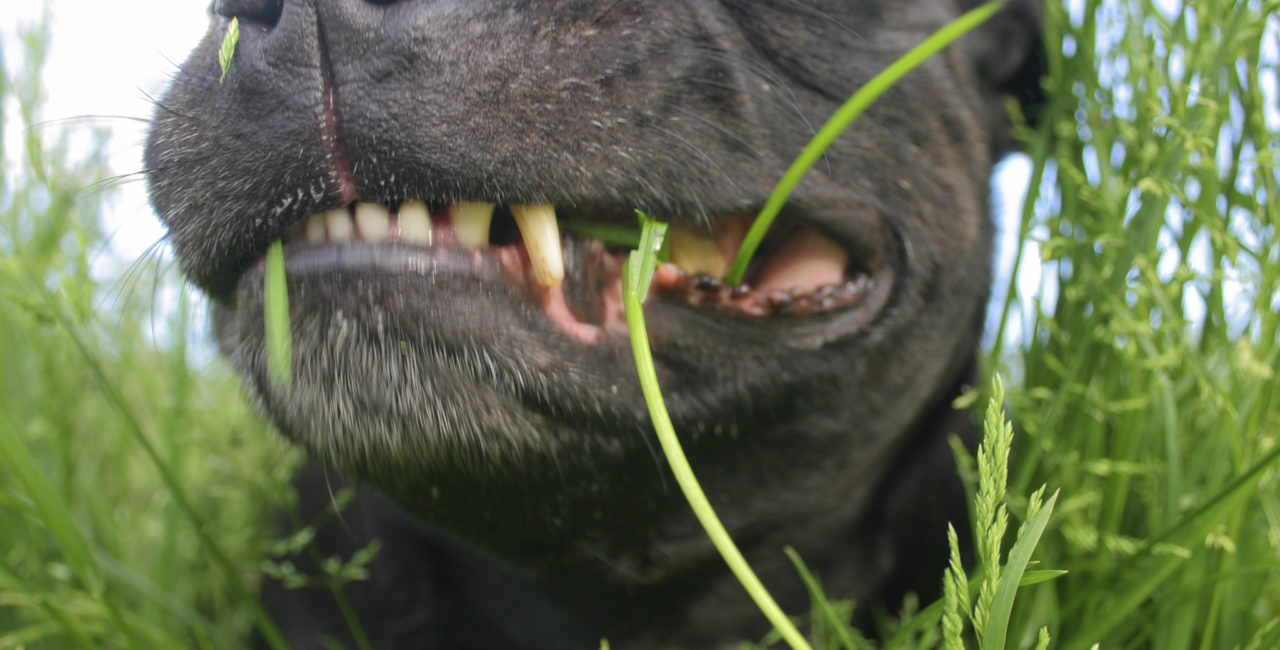Gastrointestinal parasites in dogs and cats become an issue every spring in Saskatchewan. As the weather warms up and our pets become active outside it is important for owners to reduce their pets exposure to parasites and to put them on safe and effective medications to decrease their worm burden. This is important not only for our pet’s health but also to decrease the likelihood of transmission of intestinal parasites from animals to people. Your veterinarian can help you design a deworming program based on your pet’s age, location, health status and lifestyle. The most common gastrointestinal parasites/worms in Saskatchewan are roundworms, tapeworms and hookworms.
Dogs and cats can become infected with roundworms by ingesting larvated eggs from a contaminated environment. This occurs most commonly when our pets are in areas where there are large amounts of other animals and feces present (back yards, parks, off leash areas). All roundworms are very prolific and an infected dog or cat can pass millions of eggs in their feces each day. Roundworm eggs can also remain infective for years, which is why having your pet on a deworming protocol is so important.
Tapeworms are also present in Saskatchewan and dogs and cats that eat prey (mice, gophers and birds) are most at risk. It is important to control fleas and lice on our pets as these can be vectors which harbor tapeworms and pass them onto your pet. Tapeworms, like roundworms, are a potential zoonotic risk with young children and immunocompromised people being most at risk.
Hookworms are present in Saskatchewan and can be transmitted to people from their pets. Dogs and cats become infected with hookworms by ingesting larva from a contaminated environment, larval penetration of skin and/or ingesting prey with infective larvae in their tissues.
Regular deworming of cats and dogs is the safest method of preventing gastrointestinal parasites in our pets and preventing their possible transmission to our families. In Saskatchewan we recommend deworming puppies and kittens under 6 months of age at 6 and 8 weeks old and then monthly up to 6 months old. Dogs and cats over 6 months of age are recommended to be dewormed on a monthly basis from spring until fall when the worm burden is the greatest and our pets are most active outside. These recommendations may change if young children or immunocompromised people are present in the household, multiple dogs and cats living together and for those animals that hunt (outdoor cats).
It is also important for pet owners to reduce the risk of infection by following the Canadian Parasitology Panels Guidelines for Treatment of Parasites.
- Washing hands, particularly children’s hands, after outdoor activities, handling pets, pet feces disposal and before meals.
- Wearing gloves while gardening.
- Prompt removal and proper disposal of pet feces.
- Limiting pet defecation areas.
- Reducing pet interaction with stray and wild animals.
- Covering sand boxes when not in use.
- Regular pet fecal monitoring for signs of parasite infestations (worms or eggs visible in feces).
- Appropriate parasite control programs suited to each pet based on their age, location, health status and lifestyle factors.
Written by: Dr. Terri Chostowetz




